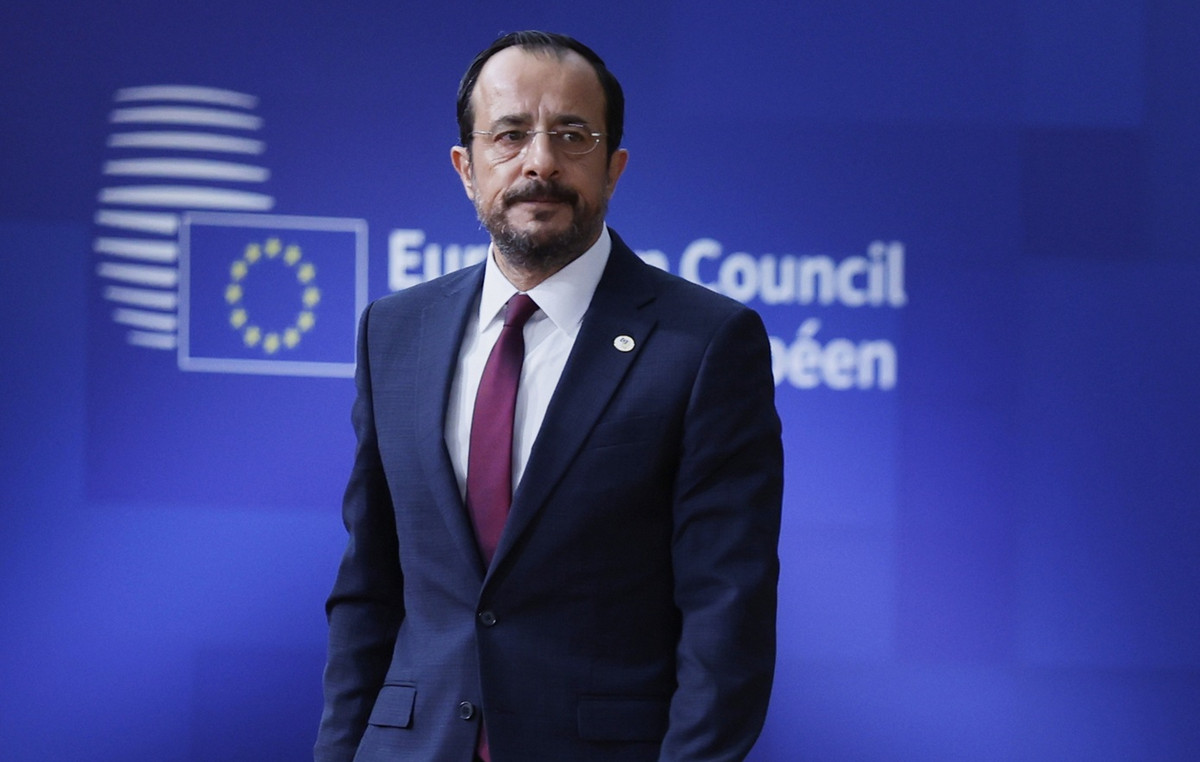After two weeks, this Saturday (13), in Glasgow, Scotland, ended the meetings of the COP26 (United Nations Climate Conference), with the approval of a new agreement for the reduction of fossil fuels on the planet.
In an interview with CNN, the president of the Brazilian Tree Industry and former governor of Espírito Santo, Paulo Hartung, evaluated the Brazilian participation in the conference. For Hartung, the Brazilian government made a positive representation at COP26.
“Brazil leaves a strong message for the movement of Brazilian civil society and the Brazilian government has evolved in its position. Now we need to honor the commitments that Brazil is a signatory to”, he stated.
“Brazilian diplomacy played a role in the final formulation, presented proposals that gained momentum. It is a construction that we are carrying out”, he said.
The former governor drew attention to the agreements signed by Brazil in Scotland. “We have a clear position and we want to play a leading role in building another world, decarbonised and green,” he said.
“Brazil has absolute conditions to follow in the footsteps of the regulation of the Paris Agreement, of carbon relations and private relations.”
Reduction of fossil fuels
After a marathon of negotiations, the COP26 (United Nations Climate Conference) approved this Saturday (13), in Glasgow, Scotland, an agreement on the planet’s climate that includes, for the first time in history, a reference fossil fuels and their role in the climate crisis.
The final text explicitly points to coal, which is the single largest contributor to climate change. In all 25 previous COPs, no agreement had ever mentioned coal, oil or gas, or even fossil fuels in general, as the drivers — let alone the main cause — of the climate crisis.
Moved, the president of COP26, Alok Sharma, announced the agreement with hammer blows. He orally amended the most recent draft text by softening the language around fossil fuels after objections made by India and Iran. The final deal refers to a “reduction” of coal rather than an “elimination”.
There were deep divisions among nations over key issues, including the use of fossil fuel terms and the amount of money the developed world should pay the Global South to help it adapt to the climate crisis. This prevented the summit from ending on Friday (12), the date initially scheduled for its closing.
Reference: CNN Brasil
I’m James Harper, a highly experienced and accomplished news writer for World Stock Market. I have been writing in the Politics section of the website for over five years, providing readers with up-to-date and insightful information about current events in politics. My work is widely read and respected by many industry professionals as well as laymen.







